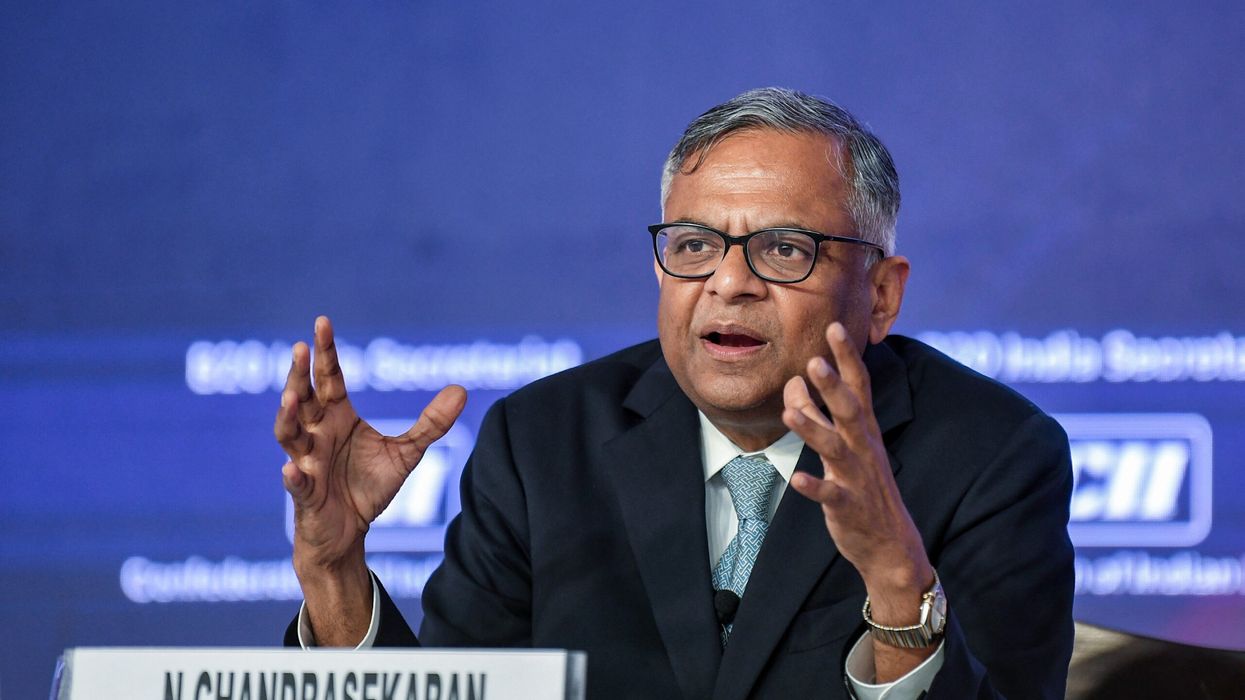INDIA's Tata Motors, which owns Jaguar Land Rover, is planning to separate its car division as it wants to focus more on making electric cars in the future, reported The Telegraph.
The split means Tata Motors will have two separate divisions: one will make regular cars, and the other will focus on making bigger vehicles like trucks and buses.
Both divisions will have the same owners, with the Tata & Sons family being the biggest owner, the company said on Monday (4).
The firm believes that by separating the electric car part, it can attract more investors who are interested in supporting the move away from petrol and diesel cars.
Jaguar Land Rover is already investing a lot of money to make electric versions of its cars in the UK. According to reports, they plan to release the first electric Range Rover soon.
The chairman of Tata Motors, N Chandrasekaran, thinks that splitting the company will help each division focus better on what they do.
“Tata Motors has scripted a strong turnaround in the last few years. The three automotive business units are now operating independently and delivering consistent performance," he was quoted as saying.
“This demerger will help them better capitalise on the opportunities provided by the market by enhancing their focus and agility. This will lead to a superior experience for our customers, better growth prospects for our employees and enhanced value for our shareholders.”
The plan still needs to be approved by the Tata Motors board, as well as by shareholders and regulators, which could take about 15 months.
Tata Motors has been doing really well lately, especially in the SUV and electric car markets. The car manufacturer's stocks have skyrocketed by over 124 per cent in the last year.
Reports said that Tata & Sons is also contemplating spinning off and publicly listing Agratas, the battery enterprise responsible for constructing a £4 billion "gigafactory" in Somerset.
The facility is scheduled to start operations in 2026 and is set to become one of the largest in Europe





